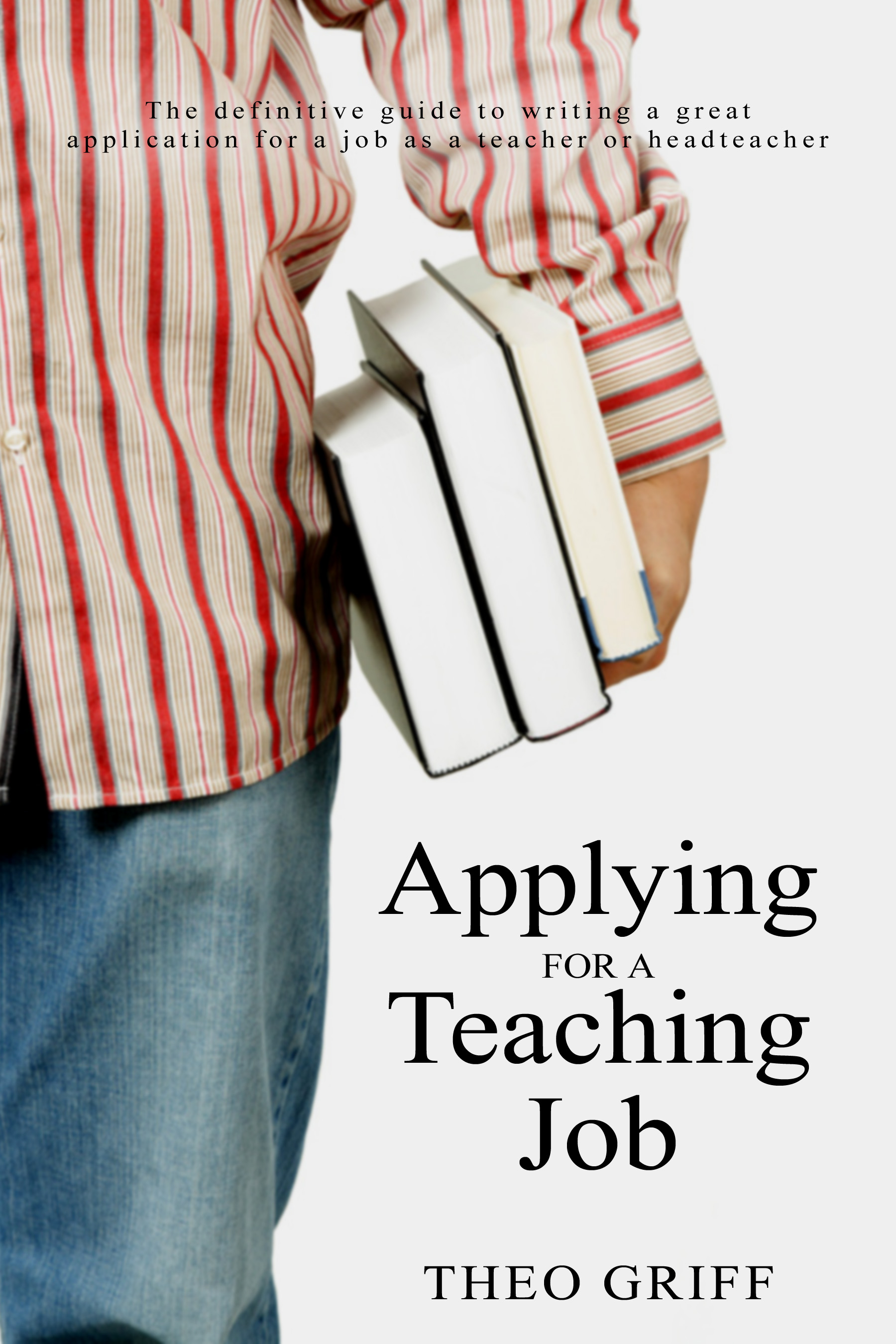While it may be financially better to work direct for schools as a supply teacher, not everyone has that option. Many counties no longer run a supply teaching pool and many schools only employ their teachers through an agency. Working with an agency can, at times, be quite difficult. In this Top Supply Teaching Tips article we look at the best ways to get the most out of working with an agency.
Top Tip 1: Ask questions / read everything
It might seem obvious, but it’s surprising how many supply teachers don’t know that their agency might offer them cover supervisor work. Or send them over a certain distance. Or offer a different key stage to the one that they prefer. Or pay through an umbrella company with all the associated deductions that go with it. These issues can be solved right at the start of the working relationship by reading carefully every document your agency give you and asking the right questions. In the interview be really clear on the type of work you will, or will not, accept and ask questions if you have any doubts about any aspect at all. This is particular true when it comes to pay. PAYE is usually better, but there can be tax implications if you work for more than one agency. Some smaller agencies do not have the payroll staff to be able to process the pay for all of their supply teachers. If your agency has to use a payroll company ask if they can increase your daily rate to offset the deductions.
Top Tip 2: Agencies work in a high pressure environment
An agency's number one priority has to be to keep the customer, the school, happy. They will need to find a teacher, TA or cover supervisor to fill a role at very short notice. At the same time, they are trying to make sure that all of their supply staff get as much work as possible. This can, at times, seem to conflict with your own priority of getting more work. This isn’t to say one role is easier than another. Just a little mutual understanding helps build a good working relationship.
Top Tip 3: How agencies work
Most agencies offer new supply teachers day to day work before offering longer assignments term assignments. Day to day work will usually be emergency cover first before pre-booked, and longer assignments can range from a week to a term or more. This method of working allows the agency to get to know the supply teacher better and gather feedback from the schools the supply teacher has worked in. It is down to personal choice whether a supply teacher will accept emergency day to day cover or pre-booked only, but it is worth remembering that the more flexible you can be in terms of working pattern the more work you are likely to get.
Top Tip 4: Agencies are not your friend
A good working relationship with your agency is essential but they are not your friend. Just like you should be friendly but not a friend to the children you teach, the same is true with agencies. Obviously this might not be true in every case but as a general rule it would be a bad idea to become Facebook friends with anyone from your agency.
Top Tip 5: Communication
Good communication is essential to a good ongoing relationship with your agency. Contact your agency regularly to ask about work, particularly if you are not getting enough or only being offered work which doesn’t fit your needs (too far away, wrong key stage, wrong role etc).
If anything goes wrong, no matter how trivial, when on an assignment: tell your agency. It is better that they hear it from you than from a school or other third party.
It is also worth keeping in contact when on long term assignments, just to remind them you still exist!
However, remember Top Tip 2 above – agencies are in a high pressure sales type role. If you phone at certain times of the day they may be really busy trying to fill roles. Do not be offended if they seem to brush you off or can’t spend a long time chatting. It’s not personal!
And finally…
Working with an agency does not need to be stressful. Most agencies want to offer a good service to the schools they work with and know that the best way to do that is to have supply teachers who are happy to work for, and with, them.
Have you any other top tips for other supply teachers? How do you ensure that you have a good working relationship with your agencies? Let us know in the comments section below!

 1. I plan to be realistic about what I can do, and I will be open and honest about the amount of work I can take on. I don't want to let anyone down. Doing a good job is something I take great pride in. Having an “off” day or being below par is something I can't bring myself to do professionally. Or personally. I owe it to my small people to be the best mum I know how to be.
1. I plan to be realistic about what I can do, and I will be open and honest about the amount of work I can take on. I don't want to let anyone down. Doing a good job is something I take great pride in. Having an “off” day or being below par is something I can't bring myself to do professionally. Or personally. I owe it to my small people to be the best mum I know how to be.
 But what about less obvious scenarios, when you are in a situation where someone asks you to do something and your inner discomfort is alarmed, your gut feeling churns and you push that feeling as deep down as you can whilst you nod your head in agreement at the request? You walk away with concerns but you have already agreed.
But what about less obvious scenarios, when you are in a situation where someone asks you to do something and your inner discomfort is alarmed, your gut feeling churns and you push that feeling as deep down as you can whilst you nod your head in agreement at the request? You walk away with concerns but you have already agreed.
 Parents
Parents 1. Facilitation
1. Facilitation






 Self criticism is something most people do, unconsciously often, staggeringly anxiety provoking at times. It's odd really, when there are so many others happy to hit you with the stick of doubt, why us humans are so keen to hit ourselves hardest. Repeatedly. With the biggest stick you can find.
Self criticism is something most people do, unconsciously often, staggeringly anxiety provoking at times. It's odd really, when there are so many others happy to hit you with the stick of doubt, why us humans are so keen to hit ourselves hardest. Repeatedly. With the biggest stick you can find.
 Teaching Assistant (TA)
Teaching Assistant (TA)